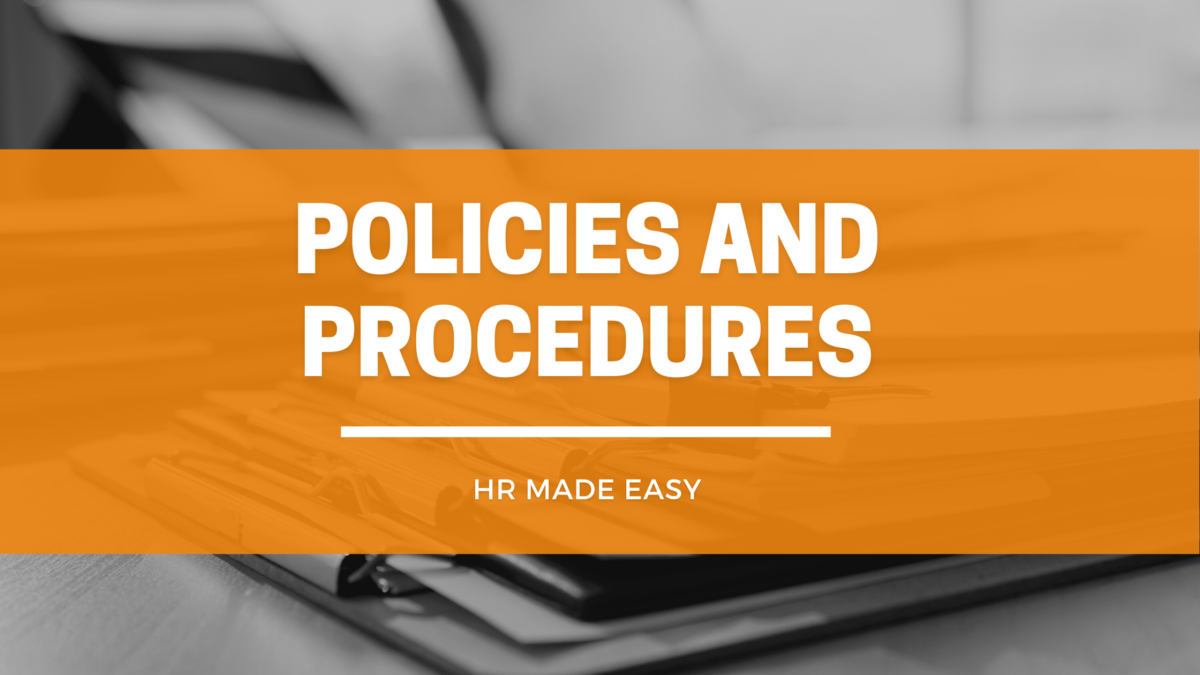An Employer’s Guide to Annual Leave Entitlements in Ireland
 Annual leave is paid time off work that employees are granted by their employers - it can be used for whatever the employee wishes. It is important for employees to recharge the batteries and annual leave helps maintain a motivated and productive workforce. It is essential to note that the employer is statutorily obliged to provide a certain amount of annual leave to his or her employees. An employer can, of course, provide more leave than he or she is obliged to give – if an employer offers more leave to employees with long service histories or employees who exceed targets, for instance, this policy should be clearly defined and should be applied fairly across the board.
Annual leave is paid time off work that employees are granted by their employers - it can be used for whatever the employee wishes. It is important for employees to recharge the batteries and annual leave helps maintain a motivated and productive workforce. It is essential to note that the employer is statutorily obliged to provide a certain amount of annual leave to his or her employees. An employer can, of course, provide more leave than he or she is obliged to give – if an employer offers more leave to employees with long service histories or employees who exceed targets, for instance, this policy should be clearly defined and should be applied fairly across the board.
Regardless of the employee’s status or length of their service everyone is entitled to annual leave. All time worked is eligible for paid holidays.
Here is an easy guide to assist employers in working out what leave should be allocated to each employee:
There are three methods used to work out leave entitlements:
a) The most common method used is: 4 working weeks in a leave year during which the employee works a minimum of 1,365 hours (Unless the employee has changed employment during that year).
b) 1/3 of the employee’s working week per calendar month of at least 117 working hours (Eg: 1.67 * 12 = 20 days)
c) 8% (.08) of the hours worked by the employee in the leave year (the total is not to exceed 4 working weeks)
In some instances an employee’s leave could be worked out using more than one of the approaches listed above – where this is the case all applicable methods should be calculated and the employee shall be entitled to the highest result. Remember - the maximum statutory annual leave entitlement is four of his / her normal working weeks.
How to calculate an employee’s annual leave pay:
Not everyone works a 9-5 office job and not all employees earn the same gross figure on a weekly basis so here is a guide on how to determine holiday pay due to various categories of employees:
(a) If the employee’s pay is calculated by a fixed rate or a salary then the figure due to the employee per week of paid annual leave is equivalent to the amount he or she received for the normal weekly working hours last worked - This payment includes any regular bonus or allowance (that isn’t based on work completed) - it excludes any overtime pay.
(b) If the employee’s pay is not calculated by a fixed rate or salary but instead by commission, for instance (or based on productivity rates) the amount paid to this employee per week of annual leave should equal their average weekly pay calculated over the 13 weeks prior to their annual leave commencing. (If the employee did not work during that period, the average weekly pay is calculated over the 13 weeks prior to the employee’s last working day before the annual leave commences. This excludes overtime.
In order to accurately calculate the number of annual leave days an employee is entitled to it is necessary to incorporate all hours worked in the calculation including time spent on annual leave (yes, employees accrue annual leave while on annual leave!), time spent on maternity leave, parental leave, force majeure leave or adoptive leave as well as time spent on the first 13 weeks of carer’s leave. Employees do not accrue annual leave while on sick leave, occupational injury, temporary lay-off, or career break.

If an employee falls sick during his or her annual leave this day(s) is not counted as annual leave (once it is covered by a medical certificate) and the annual leave day is kept for them to use at a later date.
It is common practice for an employee to request their desired leave dates and usually, once an agreed period of advance notice is given (allowing the employer to arrange suitable cover etc.), the employer agrees. Annual leave is usually discussed in terms of weeks but, with employer consent, it can be broken down into shorter periods – often days or even half days at a time. It is the employer who approves holidays (it would not work from a business perspective if all employees were to arrange leave at the same time, for instance). The employer is, however, required to take the employee’s family responsibilities and need for rest and recreation into consideration.
This annual leave must be given to employees within the leave year or, with the consent of the employee, within the first six months of the following year. The onus is on the employer to ensure that the employee takes their statutory leave allocation within the appropriate period. Employees may, with the consent of the employer, carry over holidays that exceed the statutory allowance to the next year.
If the contract of employment is terminated and there is unused annual leave in respect of the employee the employer is obliged to compensate the employee for the accrued leave. It is illegal to pay an employee in lieu of the minimum statutory leave entitlement unless the employment relationship is terminated.








